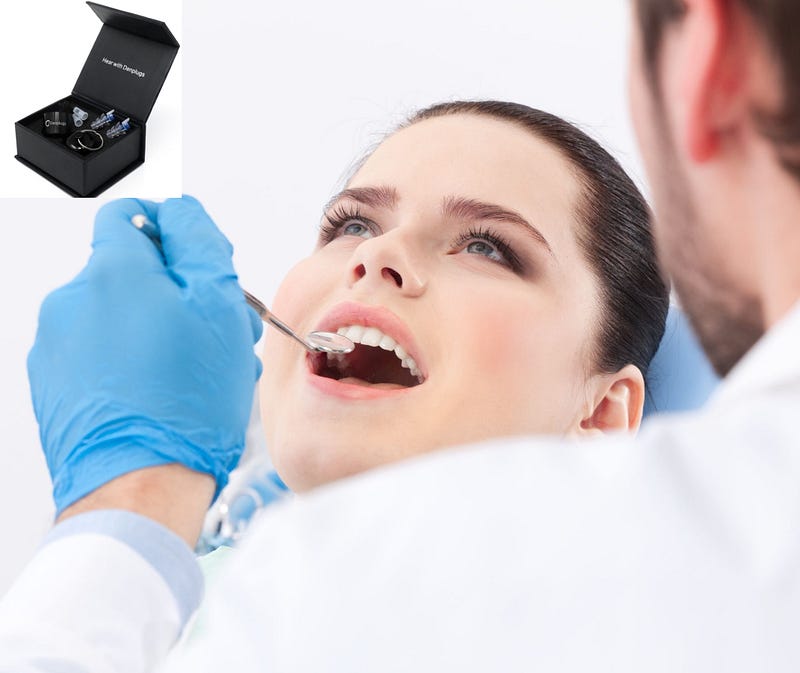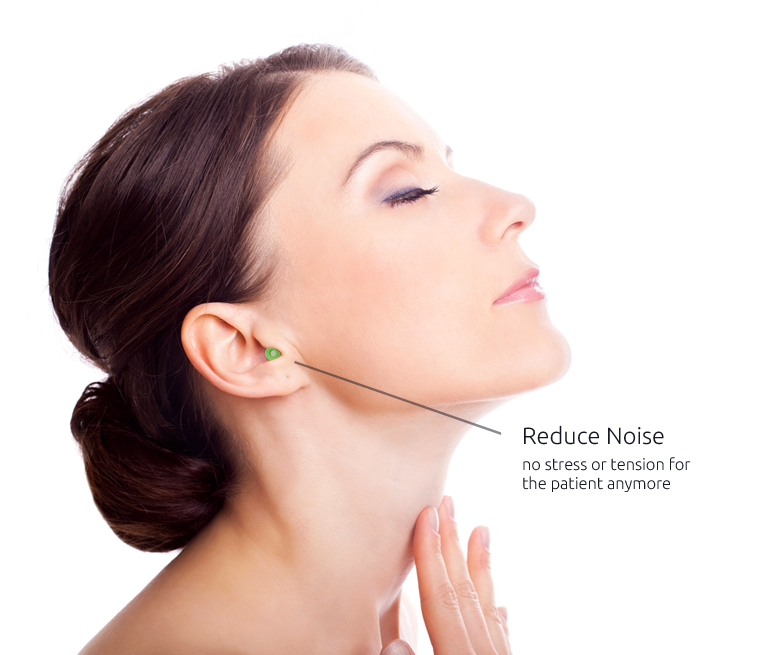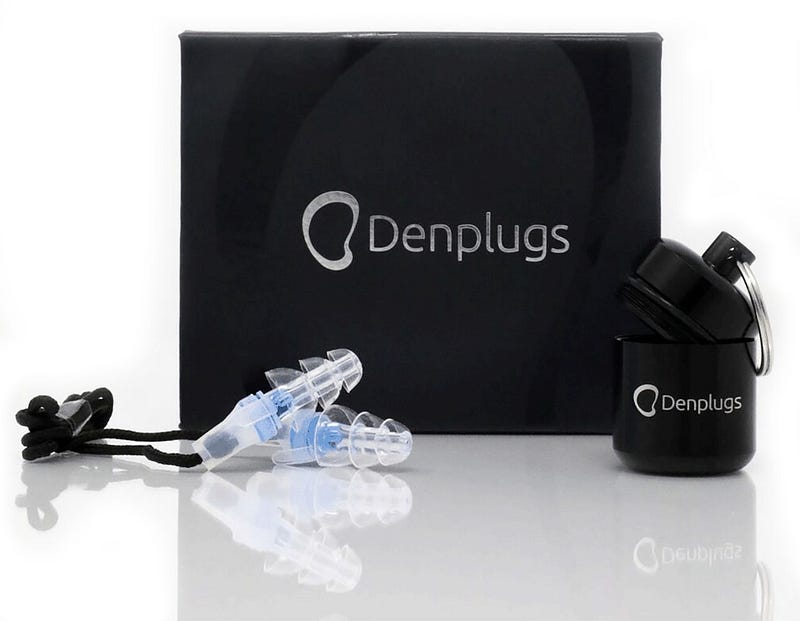Anxiety, it seems society is becoming increasingly more affected by anxiousness. Or maybe we’ve always been this way but never knew the right terminology. Whatever the reason, anxiety can become a crippling issue when applied to the dental industry. Common knowledge allows us to understand that the dentist is needed when we have a toothache or jaw pain, but what may not as common awareness is how important the dentist is even when there is a prominent reason or pain present. However, if anxiety of the dentist or of the dental drill can cause nervousness, a patient may avoid coming in to schedule a much-needed appointment. Delaying the dentist is never a good solution. A person may say that their teeth are completely fine and that they are not having any signs or symptoms associated with a toothache. "I don’t think I have a cavity, my teeth don’t hurt" or something along those lines is usually what someone who is avoiding the dentist may say. But what about the importance of what is happening beneath the gums? Are the lymph nodes in your neck healthy? A regular dental checkup can help identify and asses all areas of your mouth, gums, jaw, cheeks, neck, and tongue.
Understandably, a trip to the dental office can be distressing for some but most dental offices aim to help you understand the process of a dental cleaning to help ease your mind and better inform you. More often than not, older patients tend to experience dental anxiety possibly due to the lack of technological advances in the dental office when they were younger. Some great news is that there are now solutions to aid in easing that anxiety, one major tool that patients can use is Dental hearing protection also known as dental earplugs. Similar in function to a foam earplug but tremendously better in the design and longevity. Specially designed ear protection for dentists and patients dull the noise of the dental drill to soft background noise while still allowing you to hear the dentists voice and direction.
After attaining a pair of dental earplugs you can set up an appointment for a dental checkup. If you’re still curious about what a checkup entails, listed below is more info on what to expect.
The process:
- X-Rays – The x-rays of your mouth are taken regularly to make sure the dentist or hygienist can see what is going on within the tooth and under the gumline more in-depth.
- Examination – The hygienist looks around your mouth with a small hand mirror and checking for any concerns like gingivitis. If there is a cause for concern, the dentist will make sure it is good to proceed with the treatment.
- Plaque and Tartar – The plaque leads to tartar, a hardened form of plaque that can only be removed with a special tool used by the dentist.
- Brushing – The hygienist will then brush with a special abrasive toothpaste that polishes the surface of the teeth and deep cleans as well.
- Flossing – When properly done it will help to remove the leftover plaque and toothpaste.
- Rinsing – To come full circle in a way, you’ll then rinse with a special fluoridated mouthwash to add extra protection to your clean teeth.
- Fluoride – Finally at the end of your appointment the dentist will apply the fluoride treatment which can be applied in numerous forms. The fluoride protects against cavities until your next cleaning session.









